Investing in solar energy is one of the best things any of us can do for our budgets, our health, and the planet. Solar is now the cheapest way to generate electricity, which is why we're expected to generate 30% of our electricity by the end of the decade.
One of the easiest ways to start going solar is to invest in a portable solar generator. Here's what you need to know!
What Is a Solar Generator?
A solar generator is essentially a battery that runs on solar energy. However, they come with more options than that, as most allow you to charge in the car, through a wall outlet, and some even allow for EV or wind charging!
As a result, solar generators have many different options for battery capacity, output capacity, charging speed, size, and more. This makes them perfect for any customer, as they can be portable or stationary and can charge any device you may need.
How Much Does a Solar Generator Cost?
Again, solar generators vary widely. If you want a stationary battery that can power your house, you should expect to pay in the $10,000 range or even higher.
However, if you want something you can bring with you on trips, you can expect to pay anywhere from a couple of hundred dollars for a generator that can charge your phones and small electronic devices to the $1,000 to $3,000 range for larger devices.
Of course, there are medium-tier options for those needing to charge laptops or small cooking appliances. Overall, a general rule of thumb is to expect to pay about $1 to $1.25 per watt-hour. Therefore, a 600W solar generator should cost around $600 to $750.
What to Look For in a Solar Generator
Solar generators are not created equally. If you're considering purchasing one, here are some factors to consider.
Battery Capacity
First, you need to look at the battery capacity, which is measured in watt-hours (Wh). A 100Wh battery would be enough to charge your phone a couple of times, and it would likely be small enough to carry with you on a backpacking trip.
Conversely, a 2000Wh battery would be much bigger, and you'd probably need to wheel it around. However, it could power a CPAP machine overnight for multiple nights, heat a small space with a space heater, and more without any input.
Therefore, the first thing you should do is determine your capacity needs. An RV camper will need more than a day hiker.
Output
A high battery capacity doesn't matter if you can't charge everything you need to charge. If you plan to use your solar generator for power tools, cooking devices, or larger appliances, you'll need a high output capacity.
Solar generators will have a maximum continuous output, as well as a surge output. The continuous capacity is the most common number you'll see on a solar generator. For example, the OUPES 2400 represents its 2400W of continuous output.
While that's enough to power refrigerators and cooking stoves, you may not need something that powerful. If you need something portable to charge basic electronics (portable devices, small fans, etc.), look for a model with at least 600W of output.
Charging Speed
Solar generators have maximum charging capacities, and you don't always want to reach the maximum, as it can damage the battery. For example, if a 1000Wh battery allows for up to 500W of input, you can theoretically charge it in two hours. However, you may want to limit it to 200W of input to keep the battery healthy.
For this reason, the faster the potential charging speed, the better. This way, you can charge it fast if you're in a pinch, but you can still keep the battery healthy with limited solar panels or a slower charging system.
Longevity
There are cheaper options for solar generators, but they may not last as long. For a long-lasting solar generator, you need to look at the battery chemistry, as this is the most important component for longevity.
For example, a $700 solar generator with a 1000Wh capacity may sound like a steal. However, if that generator uses a lead-acid battery, you should only expect it to last for around 500 to 800 life cycles. After that, it can lose up to 40% of its original capacity, lasting for a maximum of five years, even with minimal use.
Conversely, a lithium-ion battery may cost twice as much, but it can last for 3,000 to 5,000 lifecycles (even more with proper care) before losing 20% of its original capacity. That's a much better deal, which is why battery chemistry is worth considering.
Bundle Deals
Finally, you want to find a good deal based on the cost of the generator, solar panels, cables, and anything else you may need. This may be the most important factor in determining whether a solar generator is worth it for you. How much are you willing to pay for all of these materials, and can you find them at that price point?
Are Solar Generators Worth It?
While it depends on your needs, at least some type of solar generator is typically worth the investment. All of us rely on electronic devices to some extent, and access to sufficient power can even be a matter of life or death depending on your job or hobbies. Fortunately, you can choose the right product at the right price point based on your needs.
Keep reading our blog for our latest portable power tips, and don't hesitate to contact us with any questions or for help choosing a product!



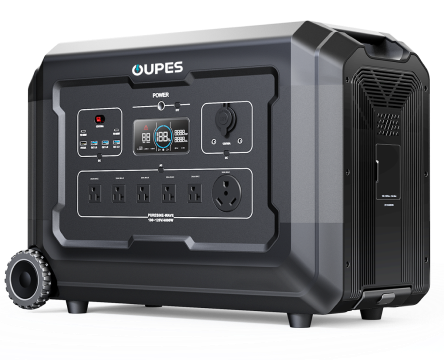

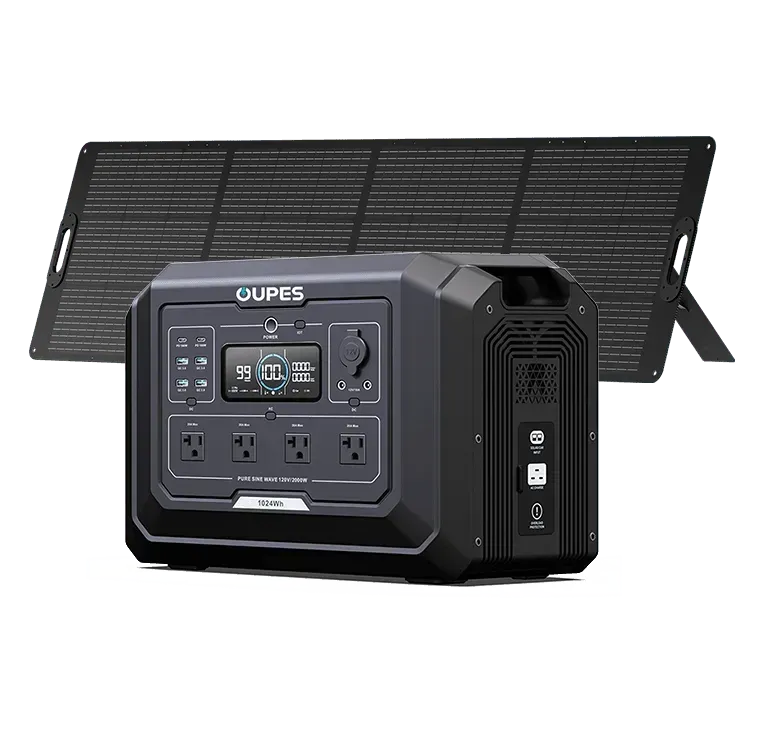
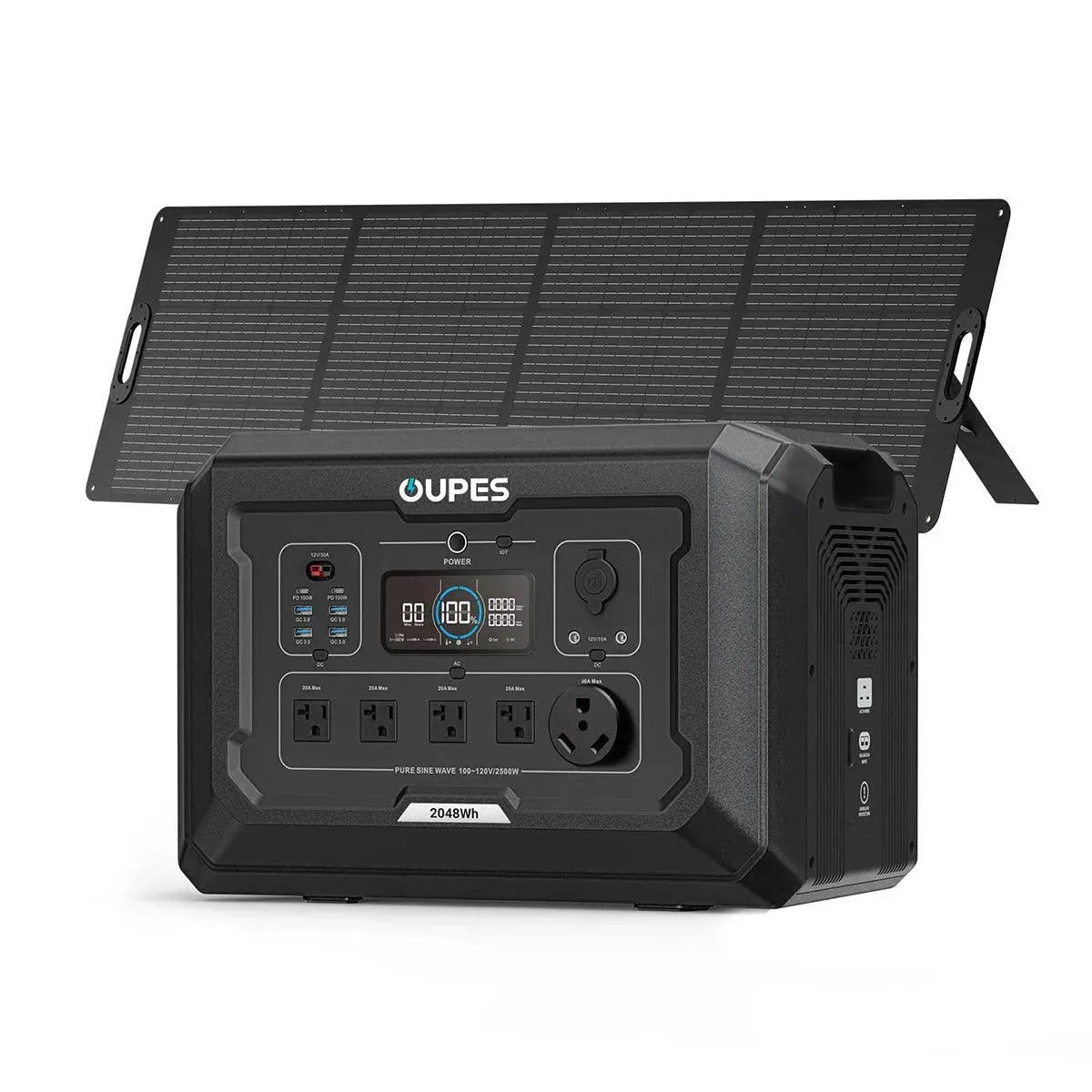























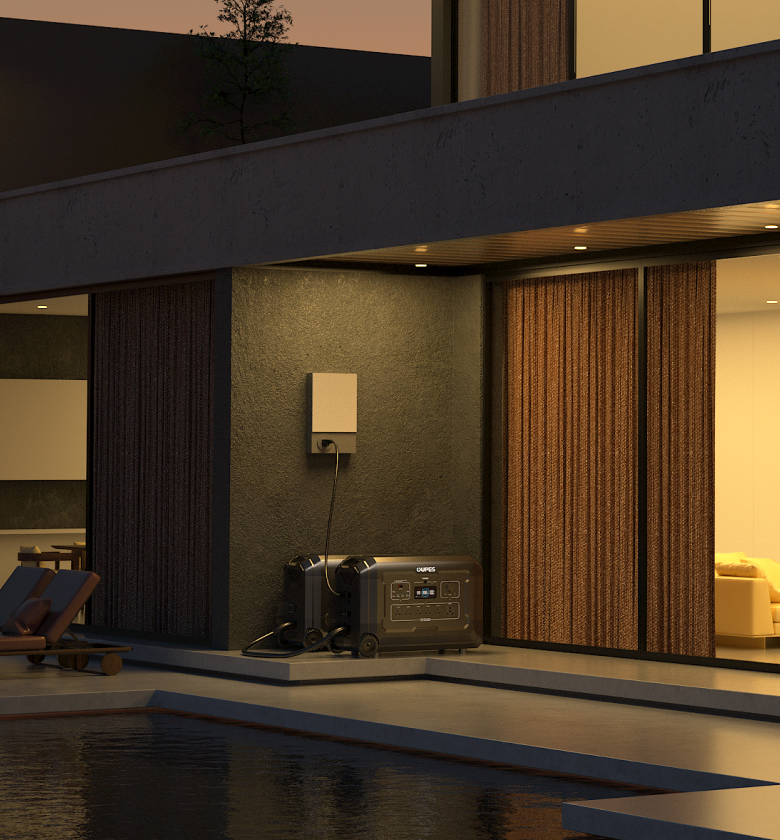
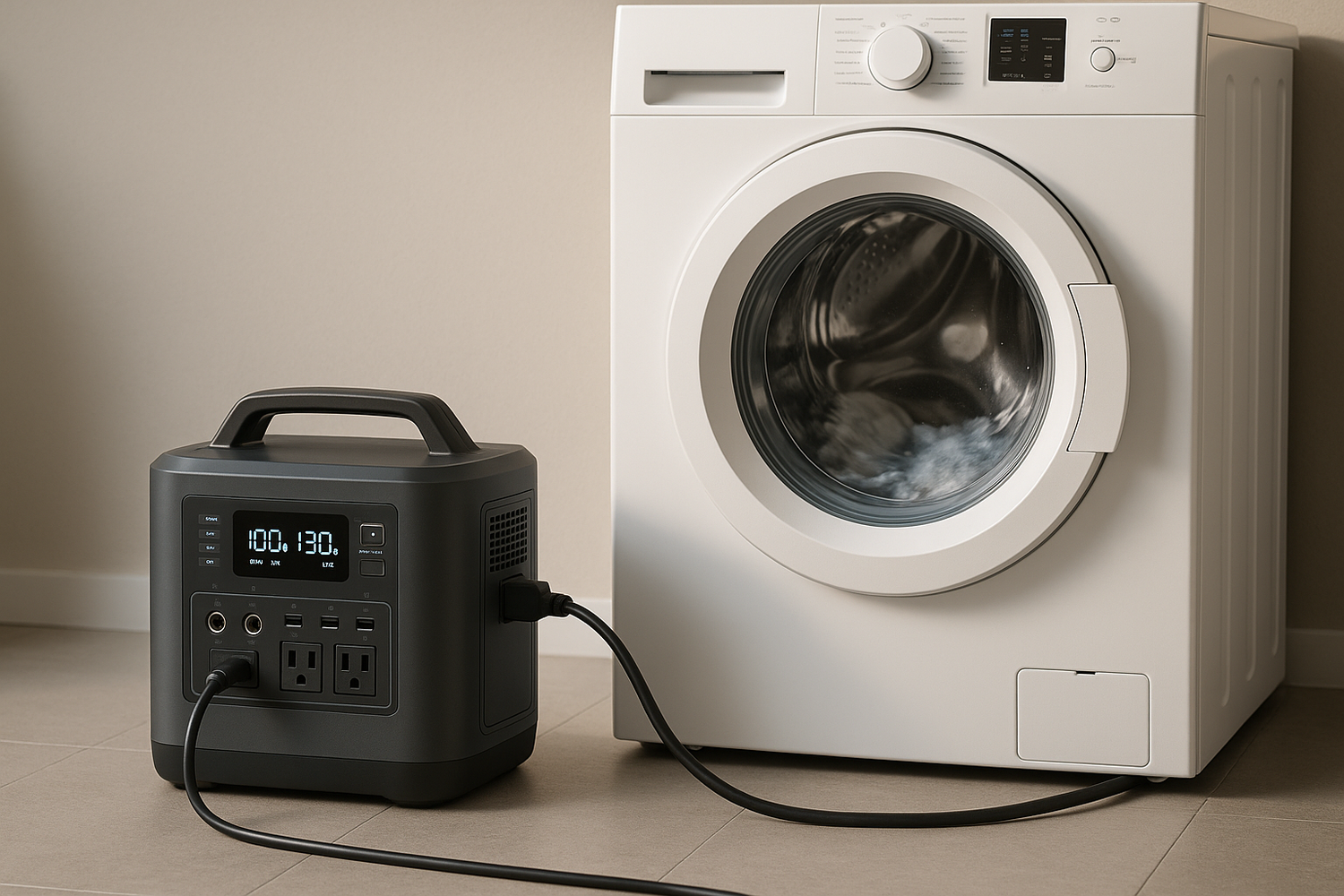

Leave a comment
This site is protected by hCaptcha and the hCaptcha Privacy Policy and Terms of Service apply.